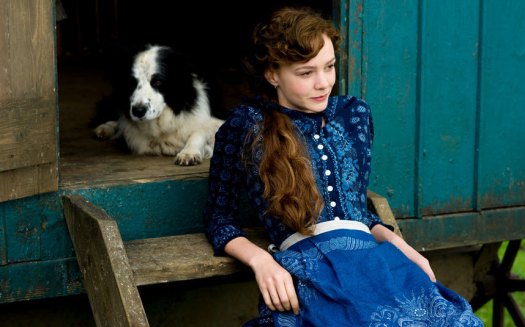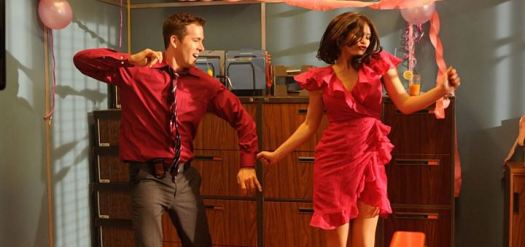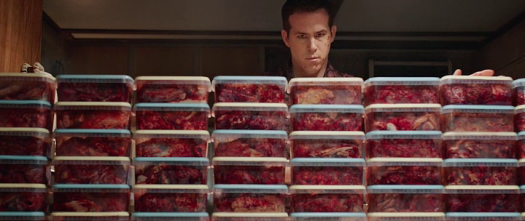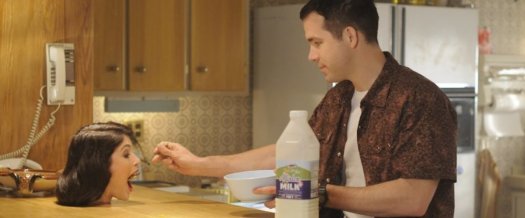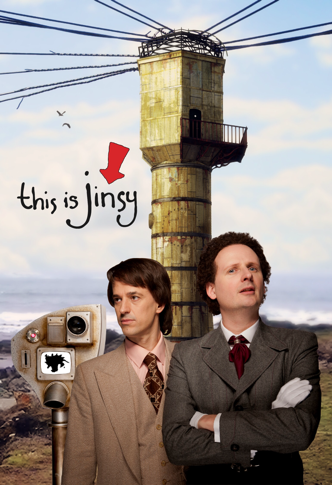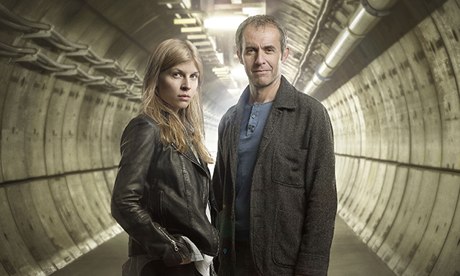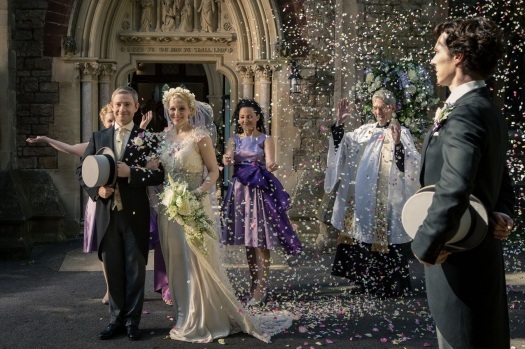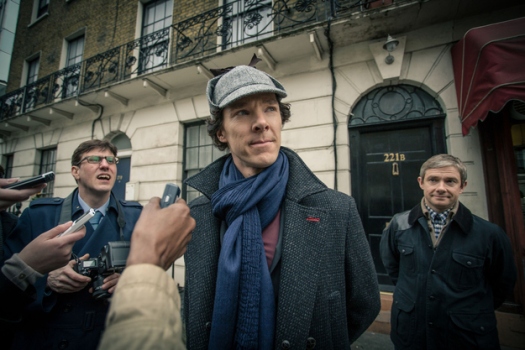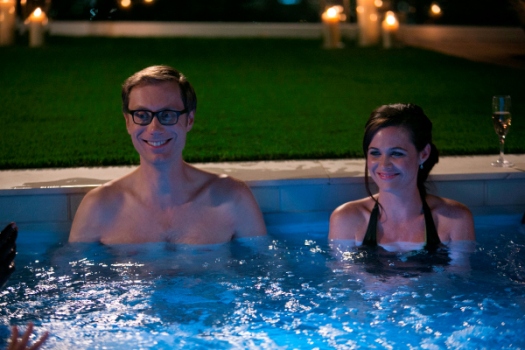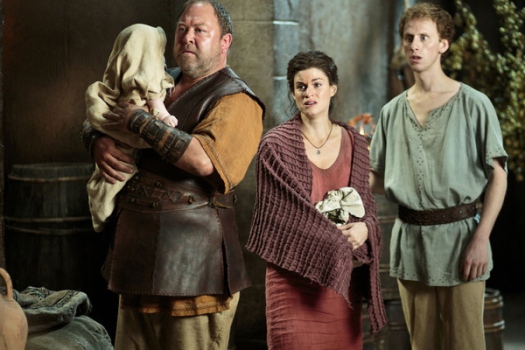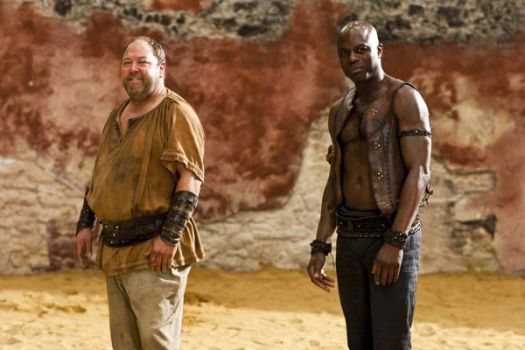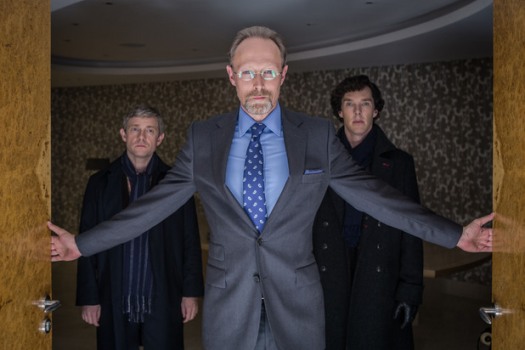
So that’s it, our winter fling with Sherlock is over! But what a finale, “His Last Vow” has everything; intrigue, misdirection, revelations and mystery. After last week’s episode which received mixed reactions from fans, Episode 3 sees Sherlock back at the height of its powers.
We finally venture inside Sherlock’s mind palace in this episode in a dream sequence to rival David Lynch, the place where Sherlock keeps all his memories and knowledge stored away in rooms is not always the sanest of places. Here we not only encounter his younger self, but his childhood dog, a much more malevolent version of his brother Mycroft and most disturbingly Moriarty enclosed in a padded cell but very much alive and as mad as ever. This whole sequence takes place in the 3 seconds of consciousness Sherlock has after being shot, it is a brilliant mixture of science, humor and Sherlock brilliance. Stylistically it is great with Molly appearing as the scientific version of his psyche and Mycroft popping up to remind him how stupid he is being, all this is done with an effortless cinematography that reflects the erratic nature of Sherlock’s mind. His descent down the staircase of his mind palace intersperses these scenes and it is only when in the hospital, when agonizing each step back the winding Parisian flight of stairs corresponds with a heartbeat, that you can appreciate how hard Sherlock is willing to fight to save his friend John Watson.
To the biggest reveal of the episode and even the series … look away now if you have yet to watch it!
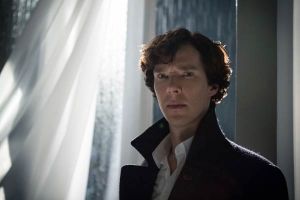
There’s something about Mary. Mary Watson nee. Morstan is not what she seems; the clues were always there, she recognized the skip code, she has no family, and she can rival Sherlock keeping up with his weirdness. Even so, this was one mystery the audience was not really trying to solve. The writers have so cleverly introduced Mary into our hearts, she was perfect for John and a brilliant witty rival to Sherlock that it almost feels like she has betrayed us as we see her standing there gun to the head of Magnussen. We still don’t really know who or what she was, assassin seems the most logical profession given what Magnussen sees in his file but nothing is spelled out. The knowing and not knowing is used brilliantly to maintain and even increase our respect for Mary as she runs from this dangerous past life, had the facts been spelled out plainly it would lend her character a more controversial edge that wouldn’t really suit the tone of the program.
Magnussen is perhaps the biggest red herring the program has ever attempted to slip by us, and it worked! Built up as a Moriarty type figure, brooding in the background and controlling the attacks on Sherlock and John, but as it turns out he was simply fodder to bring out the amazing truth about Mary. While he is certainly important to the plot, he is mainly there as a distraction and a conduit for action. Clearly set up as a Rupert Murdoch figure, he is designed to be hated. With files on every important person in the country, Magnussen even has Mycroft running scared. It is with Magnussen that the shows real twists and turns manifest themselves, with Sherlock gambling his freedom and the security of the state on Magnussen’s “vaults”.
While this episode was certainly high in drama, it didn’t lack comedy. Curve balls including Sherlock having a girlfriend, and perhaps less shockingly being found in crack den serve to lighten the tone of the show. The introduction of Sherlock’s thoroughly ordinary parents was a stroke of genius and Christmas at the Holmes’ is quite a treat.
“His Last Vow” has been known to fans for a while as “His Last Bow”, leading internet theorists to conclude this would be the final series but happily they were mistaken. With the reappearance of Moriarty on every TV screen in the country Mycroft his forced to call Sherlock back from his exile after the events surrounding Magnussen’s “vaults” setting us up nicely for another series.
This third series of the show came back with a bang, faltered slightly in the second third but then came through for a triumphant finish in a finale to rival “The Reichenbach Fall”. As usual every episode was brimming with English acting talent, comedy and drama and even Episode 2 which was commonly held to be a little below standard was brilliant compared to other trudging crime dramas. Just a year wait this time, but I have a feeling it’s going to be a long year with the mystery of Moriarty hanging over us!

